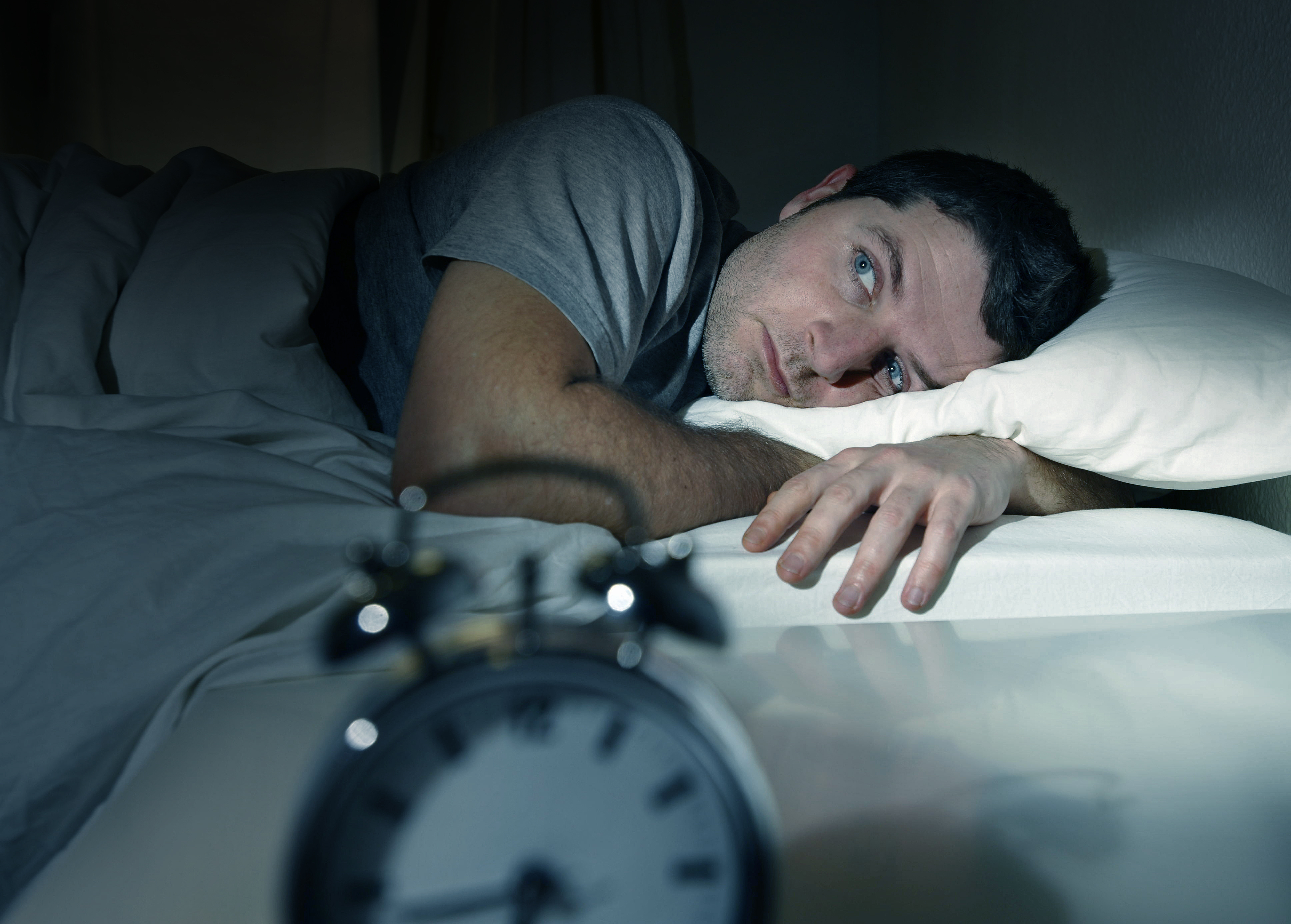Estimated read time: 4-5 minutes
This archived news story is available only for your personal, non-commercial use. Information in the story may be outdated or superseded by additional information. Reading or replaying the story in its archived form does not constitute a republication of the story.
Getting a good night's sleep is crucial for mental health and happiness, physical health, quality of life and even safety, according to the National Heart, Lung, and Blood Institute. Shockingly, few Americans are getting enough restorative sleep each night.
"The way you feel while you're awake depends in part on what happens while you're sleeping," according to the National Institute of Health. "During sleep, your body is working to support healthy brain function and maintain your physical health. ... The damage from sleep deficiency can occur in an instant (such as a car crash), or it can harm you over time."
Here's a look at eight eye-opening statistics about sleep, and what you can do to keep yourself from becoming a statistic.

At least 40 million Americans each year suffer from chronic, long-term sleep disorders. Such sleep disorders include insomnia, circadian rhythm disorders, sleep apnea, narcolepsy, night terrors, sleepwalking and snoring are all classified as sleep disorders. And according to the NIH, 20 million more Americans experience occasional sleeping problems each year.
More than 8.6 million American adults use prescription sleep aids, according to data from the National Health and Nutrition Examination Survey. It also found that the older you are, the more likely you are to use sleeping pills. "People 80 years and older take them the most — likely because they have other health problems that make it difficult to sleep," reports sfgate.com.
Only 35 percent of Americans get enough sleep each night. "The average adult needs slightly more than eight hours of sleep per day," writes Stuart H. Garber, D.C., Ph.D., for The Huffington Post. Only slightly more than a third of all American adults get this much.

An estimated 18 million Americans have sleep apnea, according to the NIH, but not everyone with the disorder has been diagnosed. Sleep apnea is unpleasant enough on its own, but it can lead to serious illness and injury "such as serious car wrecks, heart disease, diabetes and pregnancy complications," according to WebMD. And the numbers here are equally unnerving: "Having sleep apnea for four or five years raises a person's risk of having a heart attack or dying by 30 percent."
More women than men take sleeping pills. According to the National Health and Nutrition Examination Survey, 5 percent of adult women report using pills to help them sleep. Only 3.1 percent of men said the same.
Sleep is blamed in more than 100,000 crashes and 1,500 deaths each year. "The National Highway Traffic Safety Administration estimates that 100,000 police-reported crashes are the direct result of driver fatigue each year," according to the Division of Sleep Medicine at Harvard Medical School. "More recent data suggests that the true number is likely much higher." More than 1,500 deaths a year are reportedly caused by drowsy drivers.

More than 30 percent of Americans use stimulants to make up for poor sleep, according to the Better Sleep Council. It also found "less than one-quarter of adults always use healthy methods like naps, breaks and going for walks to deal with sleepiness."
More than 90 percent of Americans say a comfortable mattress is important for good sleep, according to the National Sleep Foundation. Just 47 percent of Americans sleep on a comfortable mattress, the Better Sleep Council found, and men are less likely than women to "try to get better sleep by focusing on the comfort of their sleep area."
Have you considered your sleep surface? You may want to evaluate the quality of your mattress before turning to sleep medications. Is your sleep surface contributing or detracting from the quality of your sleep? Does your sleep surface provide the right support? Is it hypo-allergenic? Does it release harmful gasses? Did you know that traditional foam mattresses sag up to 25 percent in the first two years? These are all important items to consider. If the answer to any of these questions is no, you may want to consider investing in a good night's sleep.
intelliBed offers a great solution to becoming a healthy sleeper with their Intelli-Gel technology. Visit any one of their Wasatch Front locations to experience Intelli-Gel and for a free pressure mapping to see how your body sleeps on a number of sleep surfaces compared to Intelli-Gel. For tips on getting a better night's sleep, visit intelliBED.com.







